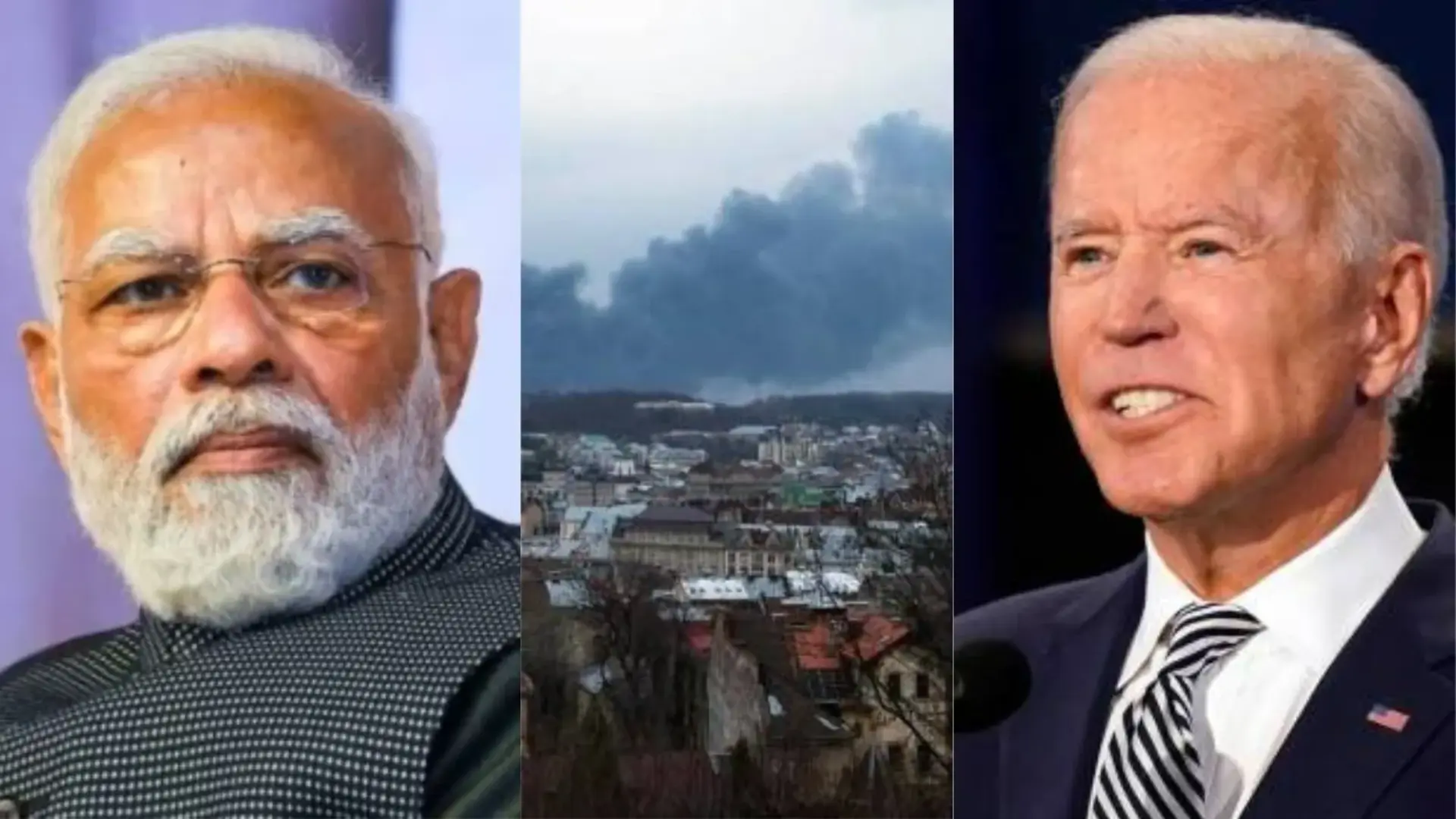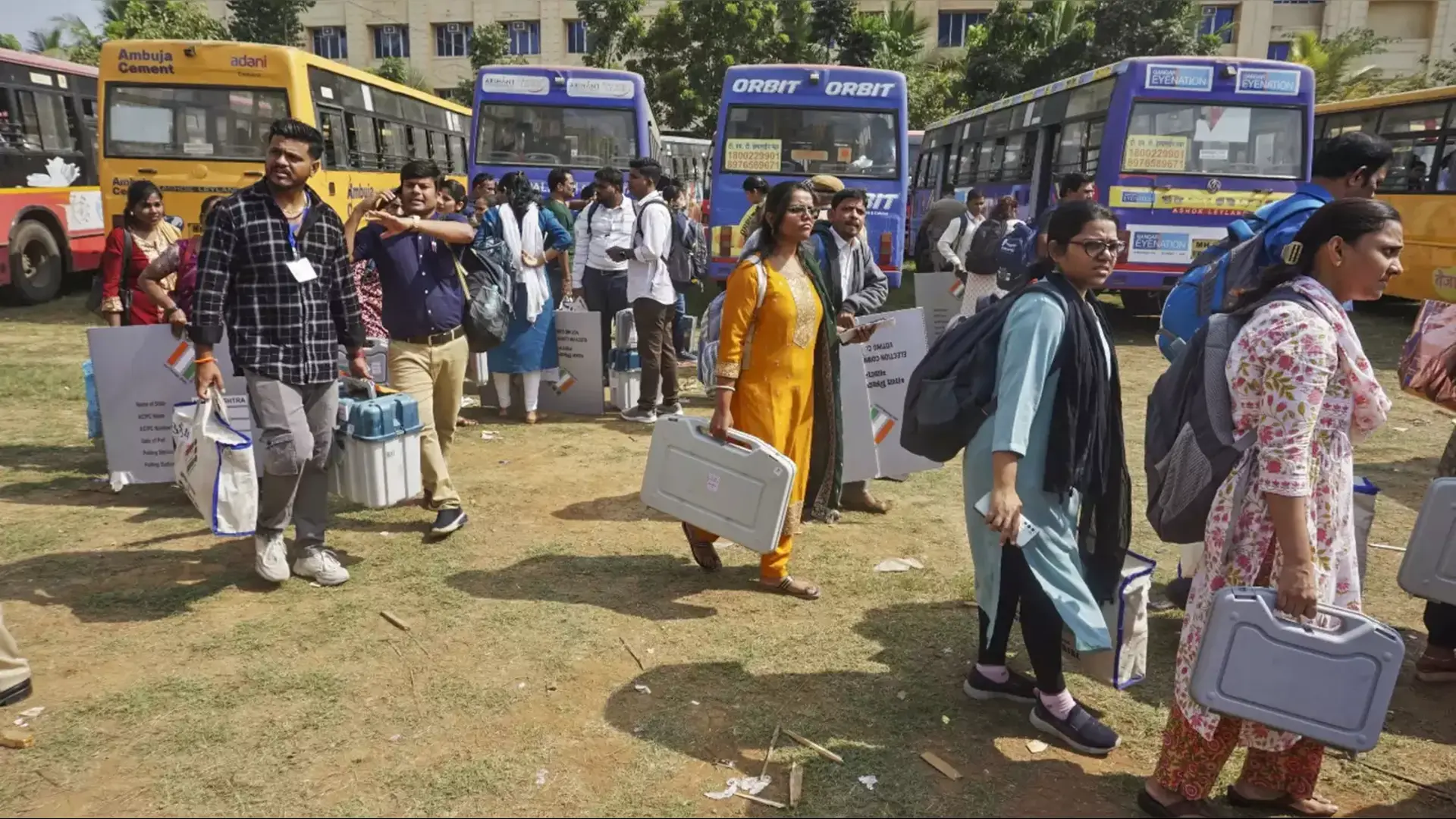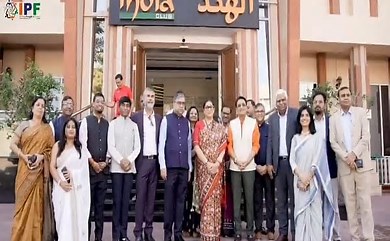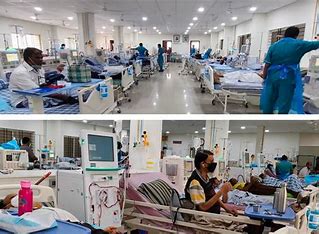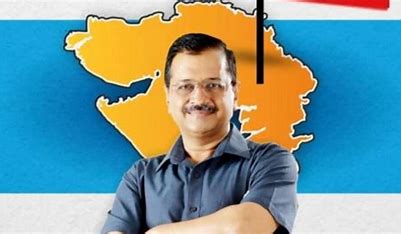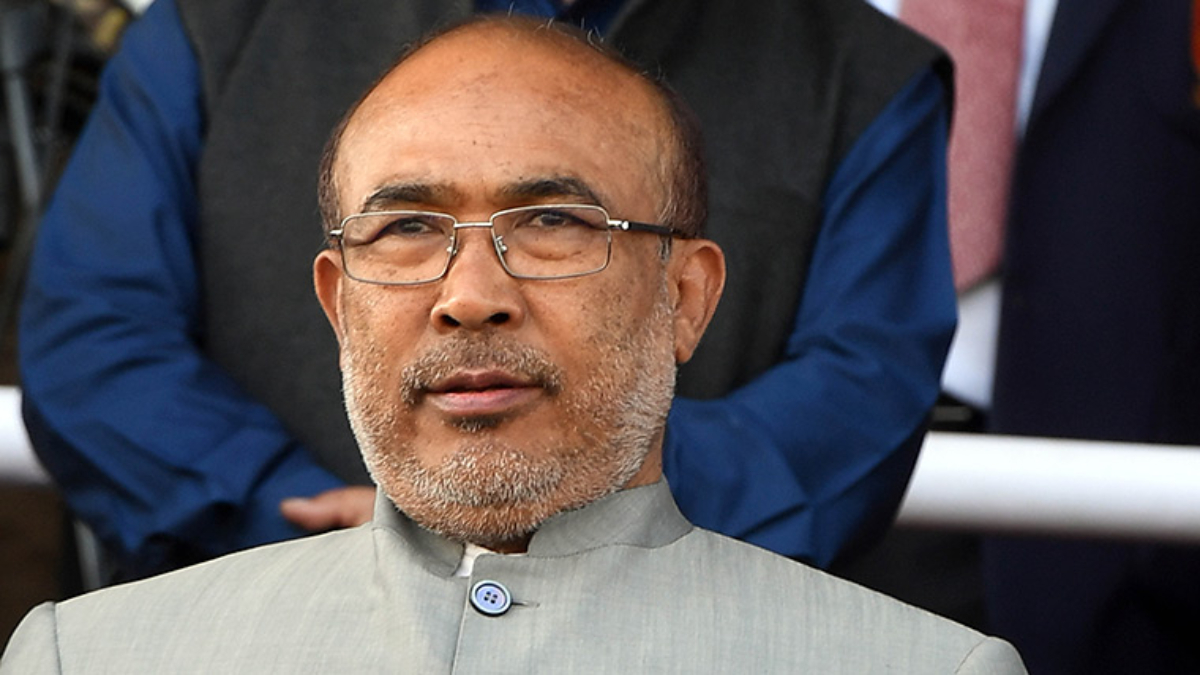
Manipur Chief Minister N. Biren Singh expressed concern over the numerous civil society organisations in the state speaking in disparate voices, making it challenging to address the ongoing ethnic conflict that has been unsettling Manipur for nearly four months. Singh called for these organisations to present a unified proposal that the state government could then take to the Centre for action.
“We are at a very crucial stage now. Both the central and the state governments are confused about whom to talk to. We will go with public opinion and never work against the interests of the people,” Singh said during the state-level celebration of the ‘Meri Maati Mera Desh’ programme, a campaign celebrating India’s soil and valour.
In Manipur, civil society organisations are often community-based. Among the Kukis and Meiteis—the two communities at the centre of the strife—there are multiple organisations. Kukis have organisations such as the Indigenous Tribal Leaders Forum (ITLF), Committee On Tribal Unity (COTU), Kuki Inpi, and the Zomi Council, while Meiteis are represented by the Coordinating Committee on Manipur Integrity (COCOMI), United Committee Manipur (UCM), and the All Manipur United Clubs Organisation (AMUCO).
The Chief Minister urged people and organisations to come together regardless of their community and political affiliations to solve the crisis. “We must work together for the present and future generation to enable them to live with dignity,” he stated.
The call for unity comes in the wake of gun attacks on farmers in Naransena, Bishnupur district, earlier this week. “Security forces have arrested one person in connection with this attack along with a .303 rifle,” Singh said.
The ethnic tensions, which have led to the loss of over 160 lives and left several hundred injured, erupted after a ‘Tribal Solidarity March’ was organised on May 3 to protest the Meitei community’s demand for Scheduled Tribe (ST) status. Meiteis make up approximately 53% of the state’s population and predominantly reside in the Imphal Valley, while Tribals—comprising Nagas and Kukis—constitute just over 40% and live mainly in the hill districts.
As Manipur grapples with complex ethnic tensions, the Chief Minister’s call for a unified voice aims to clarify the state’s stance and create a roadmap for resolution, thereby bringing much-needed stability to the region.
Renewed gunfight in Manipur claims two lives
Two individuals have died from splinter injuries following renewed gunfire in Manipur’s Bishnupur and Churachandpur districts. According to officials, this comes after a brief period of calm since Wednesday evening. One of the deceased was on his way to Guwahati when he succumbed to head injuries sustained from bomb splinters. The second person died in Churachandpur District Hospital where he was undergoing treatment.
The violence adds to the ongoing unrest in Manipur where more than 160 people have been killed since May. The Indigenous Tribal Leaders’ Forum (ITLF) has called for an emergency shutdown in Churachandpur, exempting essential services. Security forces conducted search operations, recovering arms and explosives, and have detained 1,646 individuals for various violations.


